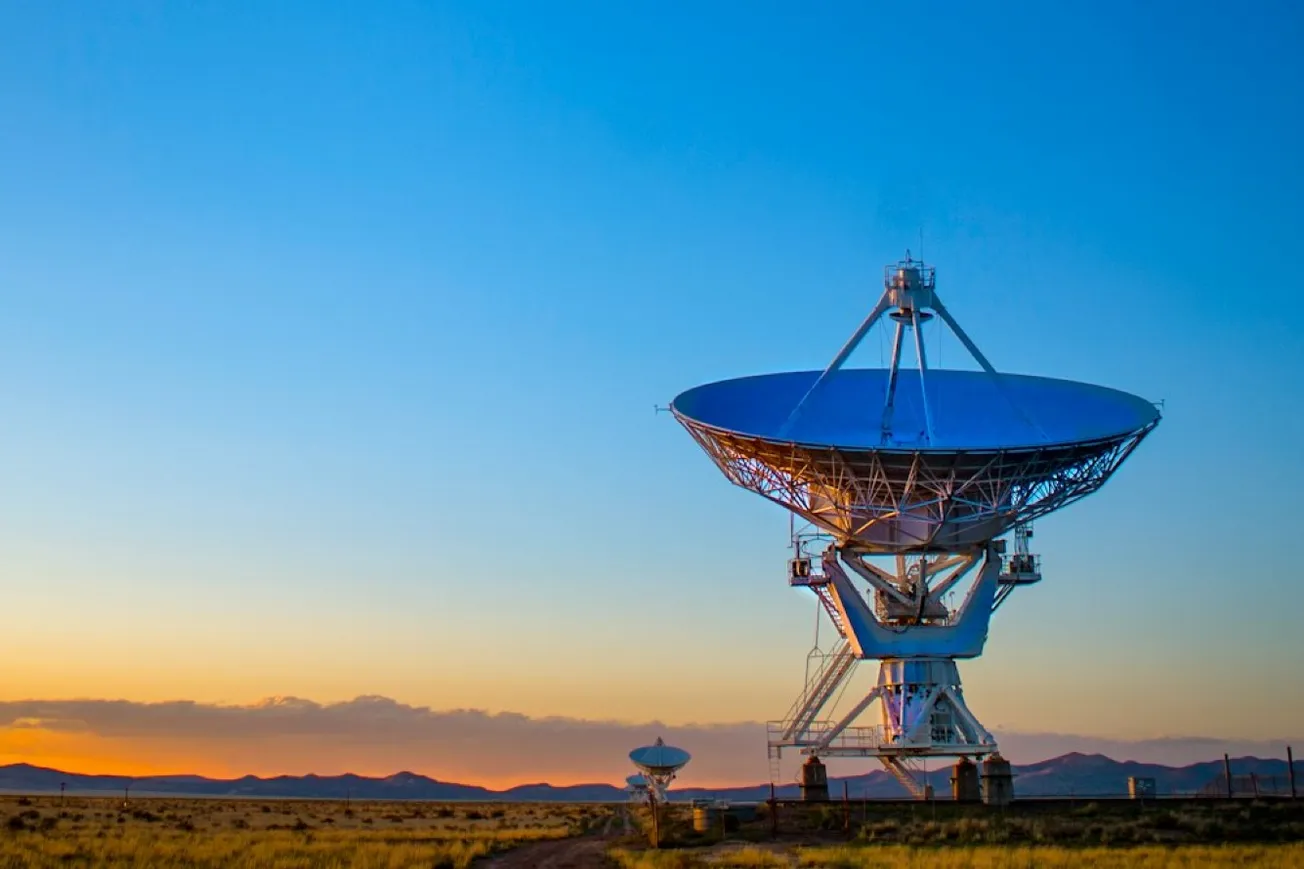From A to Z, from groceries to gadgets, music to movies, virtual assistants to prescription drugs, Amazon brings everything to one's fingertips and, by extension, to one's doorstep. In the process, the company has grown to Amazonian proportions, gobbling up competition and perpetuating a retail crisis that is yet to be fully comprehended.
The tech giant owns and operates more than forty subsidiaries ranging from Audible, Whole Foods, Goodreads, IMDb, Amazon Robotics, Shopbop, TeachStreet, Twitch, Zappos, and the latest, the iconic MGM studios and is invested in many more.
From books to breakfast cereal, Amazon has come a long way in about two and a half decades, and its Prime has over 200 million subscribers. The e-commerce company grew to gigantic proportions on the internet unhindered and largely undetected, compared to big-box stores like Walmart and Target, which often faced local businesses' resistance.
Amazon is recognized as one of the Big Techs with a share and unparalleled dominance of its market to be considered a monopoly. The trillion-dollar company has been drawing the ire of small businesses and much criticism for its business practices for years.









